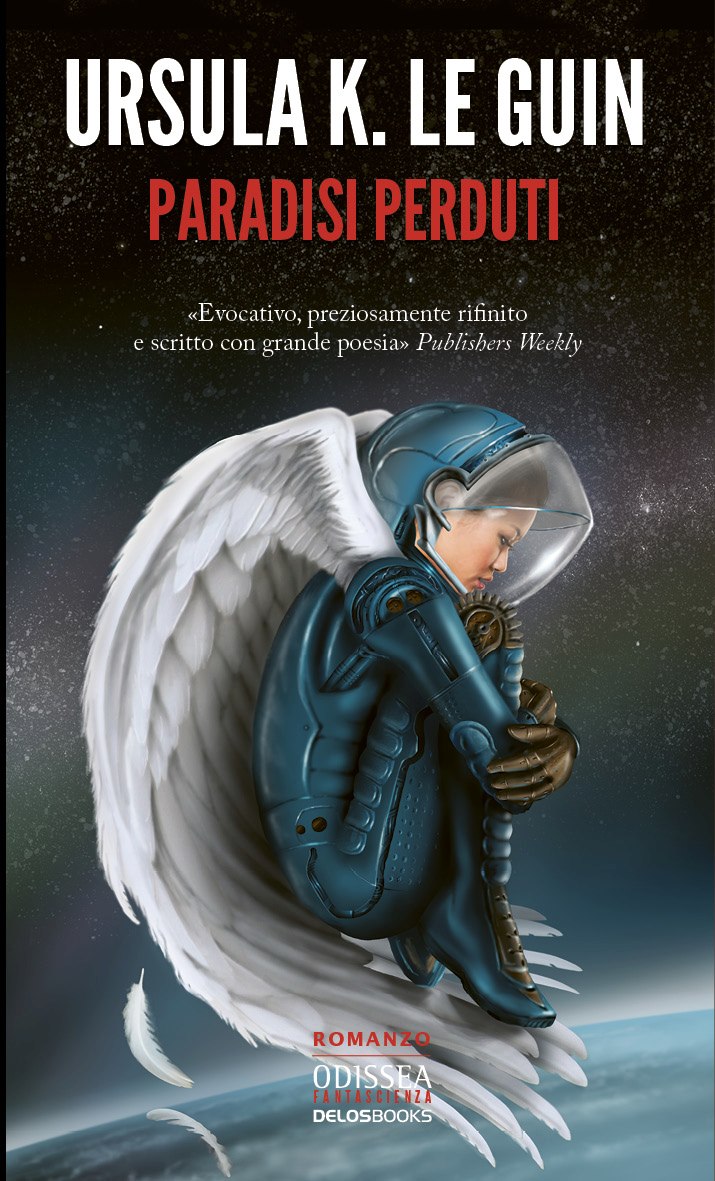I’m really trying here to come up with a Walter Benjamin quote about media studies and engagement with popular culture, and I’m totally failing, which is about right. Obviously, I spend waaaay too much time reading all of y’alls lovely, personal reviews of all kinds of books. Books I would never read; books I have been warned away from; books I’ve been ordered to read; books I have on the long and growing list that I will never complete because some day I’m going to die.
Even though I have less engagement with movies, as an art form, I compulsively read movie reviews as well. I have the reviewers I trust, and the reviewers I know that I can take anything they say and turn it inside out, so that a bad review becomes a recommendation. I have a passing interest in trash movies, but not a full-blown love affair. Mostly my affection for bad movies leads back to Mystery Science Theater 3000, and the times I spent with my family watching MST3K. My immediate family, growing up, was all-female, and I still have the warmest of memories of watching bad movies on Thanksgiving, with my mother & sister, in lieu of the football that was de rigueur in most co-ed households.
Scott Phillips doesn’t just have nostalgia to warm him when he watches grindhouse trash, he has a full-blown and well articulated love. This is awesome, and makes for a fine collection of movie reviews. Leonard Maltin, you may fu*k yourself. Many of the movies reviewed in this slender volume cannot be found on Netflix or even in your local video store, should you have such antiquated things in your location. You have to seek these movies out. They are made by people on no budget, with a group of friends, and a maniacal laugh. Or they were made on a budget and then disappeared. Phillips has an encyclopedic knowledge of the pedigree and taxonomy of trash cinema, so that he can draw lines between this director and that, this actor, this imprint, etc. Awesome.
I get the impression that Unsafe on Any Screen started life as a blog, so some of the reviews are annoyingly short. Kind of like my – and many people’s – early reviews. But once he starts cooking, man, what a joy to behold. He has really weird grading scales: one about how many greased gorillas he’d fight to watch the film in question, and one about how many scotches, or whiskeys? it takes to get through the film. I endorse this. The scotch metric in particular, not because I especially love scotch, but because it can be either a bad or a good thing that a particular film is awarded the high scotch metric. I feel this way about a thousand things: that they are awesome, but they make me drink, or that they are terrible, and they make me drink. Or they are nothing at all and I remain sober. It gets at the whole deep ambivalence I feel towards so much stuff, even the stuff I love, in an intensely satisfying way. My only real complaint is that there is no index. At least the reviews are alphabetical.
What it comes down to is that I’m as fascinated by the critical process as I am with the art/trash in question, and this book is as much a love letter to the silly fun we have while watching bad movies as it is to the movies themselves. His exuberance is infectious, like an alien pathogen beamed down to a small Italian village that infects a scantily clad babe. It’s going to eat someone’s brains, but it might just take its top off before it does so.
Keep circulating the tapes.
Also, P.S., Scott is a friend of mine, which is how come I read this, in interests of full disclosure. I never know where to put these disclosures: at the front, like I’m defensive, or at the close, like I’m sneaking? I guess I’m going with sneaking this time. The thing is, there’s no such thing as objectivity, so I’m not even going to pretend that the fact I think Scott, personally, is awesome didn’t have an effect on my read. It did. But in this case, his balls-out love of his subject, his total commitment to the barrel-bottom of sleaze and cheese movies resonated for me. I know love when I see it, and he loves this shit. Amen.
